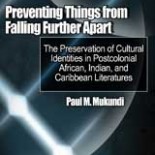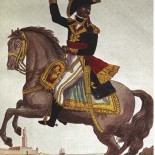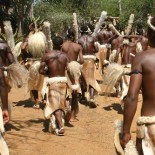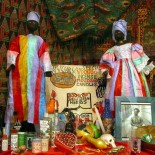
African and Diasporic Religions – Gods, Ancestors, Witchcraft, Voodoo, Spirituality and Mysticism: What is it all About?
On the Occasion of Black History Month year 1999, this half-day conference for the Montclair State University community, secondary school teachers, students and all interested participants will explore the complexities underlying the practice of religion in Africa and in the African Diaspora (Haiti and the USA). February 25, 1999.
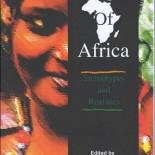
SORAC 98 International Conference Call for Papers: “Images of Africa: Stereotypes and Realities”
Call For Papers: This conference is premised on the recognition that Africa, like other non-western cultures, has suffered from what Edward Said has identified as the phenomenon of “Orientalism”: throughout history Africa has been misrepresented and devalued when compared with western civilizations by images that stress negative values such as disorder, violence, anarchy, and laziness as enshrined, for instance, in historical, literary and artistic representations of Africa , as well as in “documentary” description (including that written by missionaries) and colonial policies. This conference will explore the history of western attempts to categorize the “self” and the “other” in terms of a hierarchy of superiority versus inferiority, a phenomenon which extends its roots as far back as Aristotelian philosophy: man versus woman, freeman versus slave, Greek versus barbarian. By exploring the history of Western thoughts and ideas, and how these came to construct the definition of Africa as we “know” it and have known it over the centuries, we can begin to understand African civilizations better and give them their due place in history.
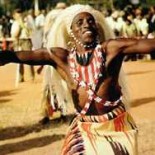
SORAC 98: Conference Program & Schedule
SORAC 98 Internation conference details, including program description, schedule, accommodation, etc. The conference features papers in diverse interdisciplinary fields — such as political science, philosophy and religion, literature, anthropology, etc. October 22, 23 & 24, 1998 – Keynote Speaker: Professor Martin Bernal.
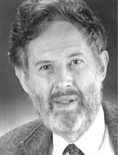
SORAC 98: Presentation of Martin Bernal, Keynote Speaker
This page introduces Professor Martin Bernal, SORAC 98 Keynote Speaker to our audiences. For those who have not heard of Martin Bernal, note that he became one of the world’s most acclaimed scholars following his publication of Black Athena in 1987 (Rutgers University Press, New Jersey, New Brunswick; since then, a second volume has been published, a third volume is expected).
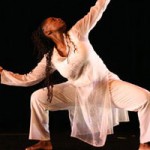
SORAC 98: Umoja Dance Company
With choreography by Karen Love, Umoja performs a fusion of abstract modern and African dance exploring the internal quest for human life in a provocative and forceful fashion. Umoja Dance Company is a New Jersey-based multi-cultural company of dancers established in 1993 by Karen L. Love as a vehicle to educate, preserve and present dance as a communal and spiritual expression of life.
SORAC 98: Abstract Selection Committee
Below are the names of the people who were closely or remotely associated with the selection of the abstracts retained for the SORAC 98 conference.
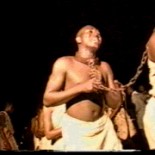
The Path of the Slave: Africa, North America, South America & The Caribbean
SORAC takes on the theme “La route des esclaves”, which is inspired by a program by UNESCO that has resulted in a series of international conferences on the history of slavery worldwide. MSU’s conference is the first in North America to carry this theme. February 26th, 1998.
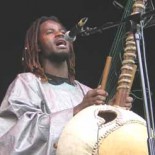
Dialogue of Cultures: The Africa of Arts, Politics, and Religion and its Impact on the West
This SORAC mini-conference explores thesmes on the Africa that we do not often hear about: the Africa of artistic beauty (fine arts), the Africa of religious complexities, and the Africa of traditional politics with its elaborate and democratic social organizations.
December 11, 1997.
SORAC African Film Festival 97
SORAC’s first African Film Festival, African Film Festival 97, was organized in November-December 1997.
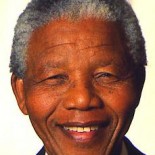
Africa and the Diaspora in the 21st Century: An Assessment
A panel of guest speakers from Montclair State University and local institutions explore general themes on the state of Africa and its diasporas. The subjects tackled range from South Africa’s Truth Commission, African America, Technology, Religion and Literature. February 27, 1997.

